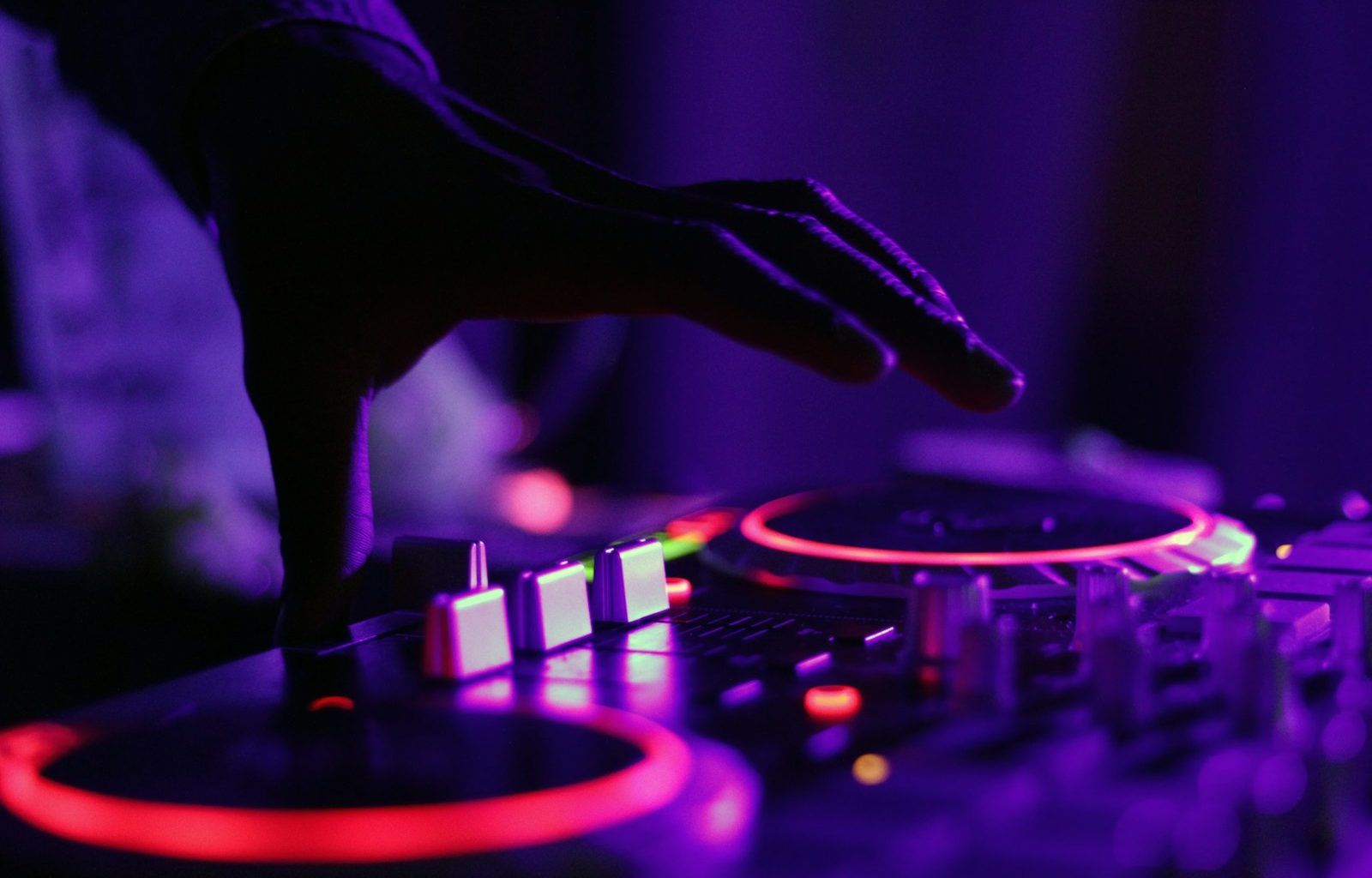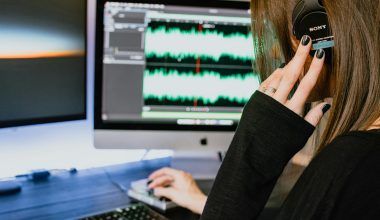recordings definition are any form of media that captures and stores sounds, images, or data for later use. These can include audio files, videos, or even written transcripts of events. At their core, recordings help preserve moments so that they can be revisited, shared, or studied in the future. Whether it’s a heartfelt voice memo or a professional podcast, recordings make our world more connected and enriched.
When you think about it, recordings definition are everywhere. From the voicemail you save from a loved one to the security footage ensuring safety, recordings play an integral role in daily life. It’s fascinating how something so commonplace holds so much significance, don’t you think?
The History of Recordings
Before diving into what recordings mean today, let’s take a moment to appreciate their journey. Recording methods have come a long way since the first attempts to capture sound and images. In the late 19th century, Thomas Edison’s invention of the phonograph marked a groundbreaking moment. This device could record and reproduce sound, revolutionizing the way humans experienced music and spoken word.
Later, the advent of film brought visual recordings into the mix. Imagine a world where people first saw moving pictures on a screen—it must have felt magical. Over the decades, technology continued to evolve, giving rise to video tapes, CDs, digital files, and even cloud storage. Thanks to these advancements, recordings definition we can now record almost anything with a smartphone in our pocket.
Types of Recordings
The term “recordings” might seem broad, and that’s because it is! Let’s break it down into categories to make it simpler to understand.
Audio Recordings
Audio recordings are perhaps the most common. These include music, podcasts, audiobooks, and even simple voice memos. They capture sound in a format that can be played back later. With platforms like Spotify and YouTube, audio recordings have become a huge part of how we consume content daily.
Video Recordings
Video recordings combine visuals with audio to create a more immersive experience. These range from personal home videos to professional movies. Think about how videos have transformed learning, entertainment, and even communication. A quick how-to video on YouTube or a touching wedding film are all forms of video recordings.
Data Recordings
Data recordings might not be as obvious, but they’re equally important. These include scientific measurements, business analytics, and even fitness tracker logs. These recordings store information in a way that can be analyzed or referenced later. It’s amazing how this type of recording contributes to innovation and decision-making.
Written Recordings
Yes, even written formats like meeting minutes or historical documents count as recordings. While they’re not digital or multimedia, they capture information that can be reviewed for generations. Just think of ancient manuscripts or even your favorite novel—these are all recordings in their own way.
Why Are Recordings Important?
Recordings serve as a bridge between the past and the present. They allow us to preserve memories, share knowledge, and even entertain ourselves. Can you imagine a world without music, movies, or books? Without recordings, much of what we value today would be fleeting and ephemeral.
In education, recordings are invaluable. They help students revisit lectures, explore documentaries, or listen to historical speeches. In science and medicine, recordings provide data that drives research and discoveries. Even in our personal lives, recordings like photos and videos allow us to relive cherished moments.
The Role of Technology in Modern Recordings
Technology has completely transformed how we create and use recordings. Today, anyone with a smartphone can record high-quality audio or video. Cloud storage platforms ensure we never lose our precious files, and streaming services make recorded content accessible worldwide.
Artificial intelligence (AI) is another game-changer. AI-powered tools can transcribe audio into text, enhance video quality, and even create automated recordings. Isn’t it incredible how technology keeps pushing the boundaries of what recordings can do?
Everyday Examples of Recordings
It’s easy to think of recordings as something big and formal, but they’re woven into our everyday lives in subtle ways. For instance, recordings definition when you record a grocery list on your phone or save a funny video to share later, you’re engaging with recordings. Here are some more examples:
- Voice Notes: Quick and personal, they help you remember thoughts or messages.
- Security Footage: Ensuring safety and accountability in homes and businesses.
- Recorded Calls: Used in customer service or legal settings to document interactions.
- Fitness Data: Monitoring your health through apps or wearable devices.
Challenges in Recordings
While recordings are incredibly useful, they’re not without challenges. One major issue is privacy. With so many devices capable of recording, there’s always a risk of unauthorized use or breaches. Ethical concerns also arise, especially in contexts like surveillance or recording without consent.
Another challenge is storage. High-quality recordings, like 4K videos, can take up a lot of space. Thankfully, advancements in compression technology and cloud solutions are addressing these issues. Still, managing and organizing recordings can be a daunting task for many.
The Future of Recordings
The future of recordings looks promising and exciting. Virtual reality (VR) and augmented reality (AR) are poised to redefine how we capture and experience recorded content. Imagine reliving a family gathering as if you were there, thanks to immersive VR recordings. Or think about holographic recordings that could bring history lessons to life in classrooms.
Additionally, AI will likely play a bigger role. Imagine AI-assisted tools that can edit videos seamlessly, clean up noisy audio, or even create realistic simulations from scratch. The possibilities are endless.
How to Make the Most of Recordings
If you want to make recordings work for you, here are a few tips:
- Organize Your Files: Use folders and descriptive names to keep recordings easy to find.
- Back Up Regularly: Store copies of important recordings on cloud services or external drives.
- Learn Basic Editing: Tools like Audacity or iMovie can help you refine your recordings for better results.
- Respect Privacy: Always get consent before recording others and handle sensitive data responsibly.
- Invest in Quality Equipment: A good microphone or camera can make a huge difference.
Final Thoughts
recordings definition, in all their forms, are a testament to human creativity and curiosity. They allow us to capture the world around us and share it with others, creating connections that transcend time and space. From personal memories to groundbreaking discoveries, recordings are a cornerstone of modern life. As technology continues to advance, the ways we record and interact with the world will only grow more exciting.
So next time you hit “record” on your device, think about the incredible journey of recordings and the possibilities they hold for the future. Whether it’s a simple audio note or a professional video production, recordings help us tell our stories and understand the world in profound ways.
For further reading, explore these related articles:
- How the 100 Chart Can Change Your Music Career
- Last Christmas I Gave You My Heart Lyrics: A Song That Touches Your Heart Every Holiday
For additional resources on music marketing and distribution, visit DMT Records Pvt. Ltd..





